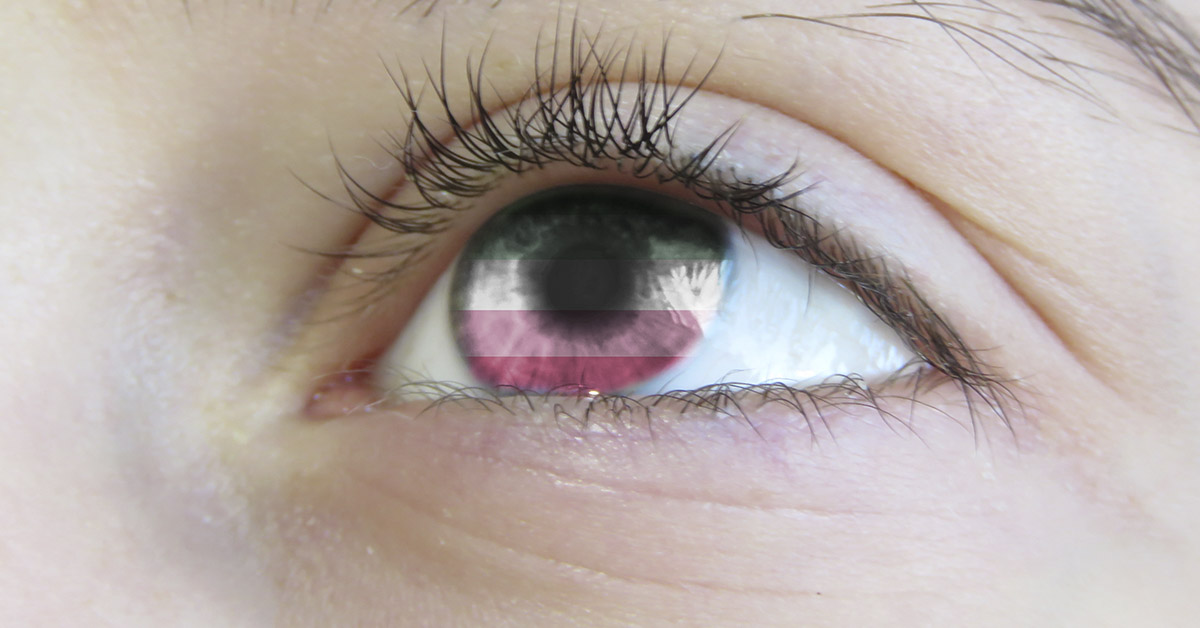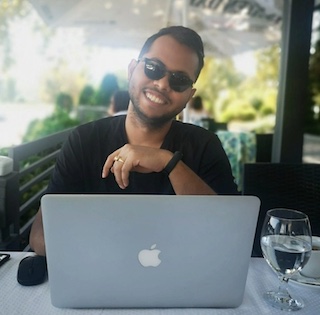“When did you decide that?” Does this even have a name? I’ve never heard of it. It’s clear that I back you, but this doesn’t sound real. These are some of the things people said to me when I told a close friend in 2020 that I wasn’t gay or straight, I was an abrosexual. It goes without saying that we’re no longer friends.
Anyone who doesn’t know what an abrosexual or abrosexuality is should know that it just means that someone’s sexual identity changes over time. I read the text over and over, and each time the rudeness of their message got stronger. Here I was telling someone I trusted who I was, but they laughed at what I said. One easy defense is that you can’t tell someone’s tone from a text message, but I think it’s clear that the tone was anything but positive. It was judgmental and made me question it right away.
Too bad this person isn’t the only one who has said something negative about my abrosexuality. I doubt they’ll be the last either. As a child, I had never heard of the word “abrosexual.” In the 1990s, people thought you were either straight, gay, or lesbian. Everything else was made up.

Lost at Sea: Why Labels Matter
We all know that’s not true, but social blindspots make it take us a lot longer to learn words than if they were easy to find. People usually don’t want to learn more about other viewpoints unless it affects them directly. If they don’t have a reason to, I’ve found that many stick with what they already know.
I didn’t learn about abrony or what an abrosexual was until I turned 30 years old, two years ago. Before that, it was hard for me to figure out what my sexuality was because it changed so quickly. I, too, laughed and scolded myself for not knowing who I was at times. It wasn’t that I couldn’t decide; it was that my personality changed.
There were times when I thought I was a lesbian and times when I thought I was more bisexual. My sexuality changed over time. I felt like I was lost and out at sea before I learned about abrosexuality. I also felt fake because I changed a lot of things about who I was when I talked to friends and family.
No one was trying to be mean, but sometimes someone would say, “But you said you were a lesbian just last week.” They didn’t get it, and I didn’t know how to explain myself at the time. The first time I heard the word “abrosexuality” was on Zoe Stoller’s Instagram page. Stoller is a creator, trainer, and social worker from the US who wants to make the LGBTQ+ community more aware.
You know how in comics a lightbulb shows up above their heads? That’s how I felt after reading their post. I finally feel seen. However, while learning a new word has helped me understand myself better, my identity is one that makes some people feel confused.
This content has, in part, been generated with the aid of an artificial intelligence language model. While we strive for accuracy and quality, please note that the information provided may not be entirely error-free or up-to-date. We recommend independently verifying the content and consulting with professionals for specific advice or information. We do not assume any responsibility or liability for the use or interpretation of this content.

